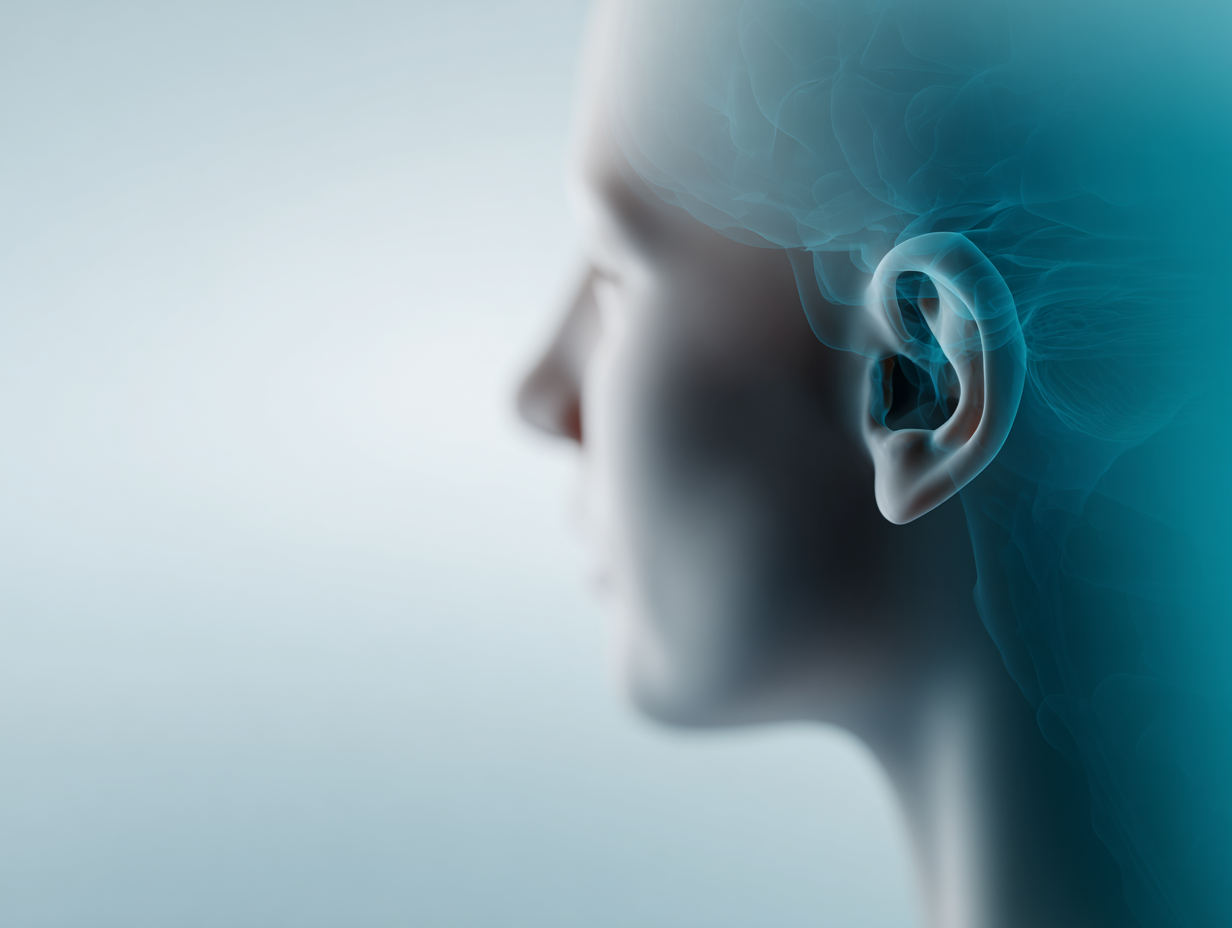Low Salt Diet For Patients With Vestibular Disorders
The balance of salt quantities is an important asset on the fight against Vestibular Disorders
Salt has been part of human history for a long time. Paleontology studies demonstrate through evidence that Neolithic people worked boiling water to extract salt as far back as 6,050 BC. In Chinese cultures, approximately 4,000 years ago, documents were written in relation to this mineral. They talked about 40 types of salt and also methods to extract and process it, some of these methods still exist and they are used today. With the growing population, salt became a very special item to trade between cultures. At that time, salt was considered incredibly valuable, being compared in value to gold, that is why it is no wonder that salt was also used as a friendly gift. It was used as a preservation method for food, especially meat. Many roads were built only for the transportation of the mineral. Salt was also used as a payment method, this is why we know them as salaries. At that time, salt was at the center of everything, even war.
Chemically, sea or mined salt is formed by sodium chloride and small amounts of other elements. We have to remember that salt it is not the same as sodium, which can be found naturally in all foods and water. These natural minerals are refined and purified to become table salt (40% sodium and 60% chlorine). During this process, salt is also iodized. Nowadays, salt does not cost much and is very abundant, but it's not regulated consumption can lead to a vast number of medical conditions.
The importance of salt on our diets

Salt is a necessary mineral involved in the equilibrium of electrolytes and fluids of human beings, affecting muscles, nerves and finally, the whole body. It is possible to consume too much salt, as well as too little. In relation to patients with vestibular disorders, diminution of sodium is recommended as a well-known dietary modification. Consumption of high levels of sodium can alter the fluid balance of our body by retaining water through the activation of the renin-angiotensin-aldosterone system (RAAS) which also increases blood pressure numbers. The alteration of body fluids in its composition and volume also affects endolymph, which is the fluid that flows inside the semicircular canals in the inner ear and has a direct relation to hearing and balance. The abnormal behavior of this fluid is the etiological base of vestibular disorders such as Meniere´s disease. So, what is the amount of sodium that human beings need to have an appropriate cellular health and fluid balance?
The American Heart Association recommends the consumption of 2,400mg (one measuring teaspoon) per day as the limit of sodium intake for healthy adults, and consider a consumption of 1,000 to 2,000mg per day as the limits of a restricted-sodium diet. This association also says that a safe minimum intake of 500mg (one-quarter of a teaspoon) per day is enough to keep appropriate fluid balance and all that is related to it.
The American Heart Association recommends the consumption of 2,400mg (one measuring teaspoon) per day as the limit of sodium intake for healthy adults, and consider a consumption of 1,000 to 2,000mg per day as the limits of a restricted-sodium diet.
Due to the high amounts of pre-processed and restaurant foods consumed by the average American, their sodium intake can arrive in approximately 3,400mg per day, 1,000mg more than recommended. High amounts of sodium can be found in processed and/or cured meats like ham and bacon, sausages, cheeses, bread, pizza, snacks, burgers, sauces, salad dressings, canned soups and vegetables, condiments like soy sauce, ketchup, mustards, pickles and olives, and sodas. Aside from vestibular disorders, high intake of sodium is directly related to cardiovascular diseases such as high blood pressure, heart attack and stroke, which easily can lead to chronic conditions or death. Knowing all this, what can you do to reduce salt intake?
Selecting meal ingredients
It´s important to be selective about meal ingredients and seasonings and look for hidden sodium. Include more fruits and vegetables, unprocessed grains, and fresh meats, poultry, and fish because they are naturally low in sodium. For those salty palates, food may initially taste very bland, so try introducing herbs and spices to give more flavor. Keep in mind that commercially packaged herbs and spices may contain potassium, which can complicate certain disorders related to the kidneys. In restaurants, try selecting grilled or roasted foods, baked potatoes, and salads dressed with oil and vinegar, and stay away from fried foods and soups or sauces. Ask for the dressings on the side and request that they leave off salt when they are preparing vegetables. At dessert, instead of cakes, pastry and ice cream, order some fresh fruit. Change sodas for normal water or infuse your water with fresh and juicy fruits.
It is essential for people with a vestibular disorder to read labels on packaged food. Foods that list salt as one of the first three ingredients on the label should be avoided. While reading the labels, you also should stay away from other salt forms such as MSG (monosodium glutamate), baking soda, baking powder, disodium phosphate or Na (the chemical symbol for sodium).
Adapting to your diet
We know that at the beginning this diet can be monotonous and difficult, but your palate will adapt soon enough and you will notice that food taste even better than before. Be consistent in your dietary plan and try to mix thing up a little. Discover and cook new healthy recipes. Combine this diet with other healthy lifestyle recommendations and you will control your vestibular disorder very soon. That is the key to success. Before doing this type of diet, consult your medical physician to establish the amount of sodium intake that is appropriate for your medical condition and personal needs.





